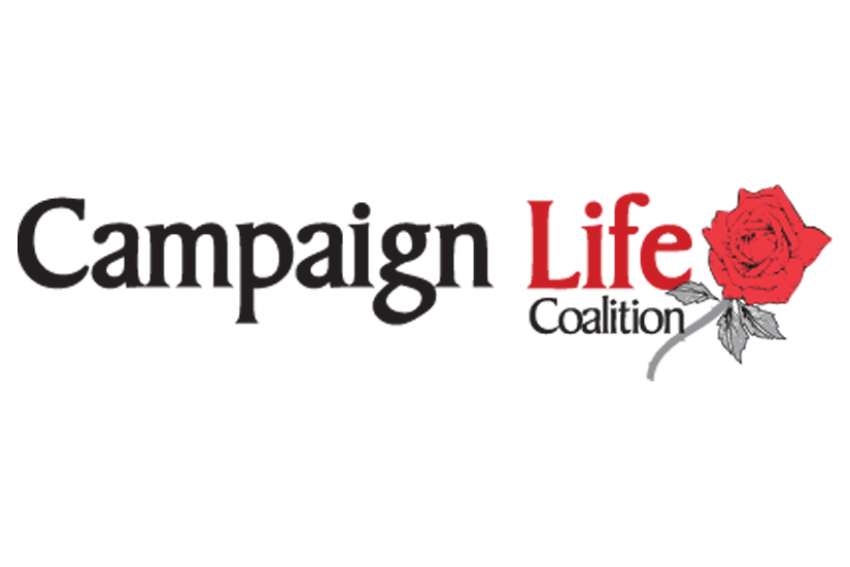When Bill C-6 passed in the House of Commons by a vote of 263-63 with the support of some key members of the Official Opposition — such as Conservative Leader Erin O’Toole — on June 22, the pro-life organization Campaign Life Coalition blasted the government and most federal MPs for an “unprecedented attack on people of faith who hold to the biblical definition of marriage, who adhere to natural law and who want to protect their children from a life of great suffering, including in some cases, bodily mutilation that is irreversible,” according to CLC president Jeff Gunnarson.
Conversion therapy is an effort to try and change a person’s sexual orientation or gender identity. A number of provinces and cities in Canada have brought in their own anti-conversion therapy regulations.
Bill C-6 makes changes to the Criminal Code that makes it a crime to force a minor or non-consenting adult to undergo conversion therapy. It also makes it a crime to take a minor out of the country to access conversion therapy.
While the CLC has been one of the most vocal critics of Bill C-6, opposition has come from other Christian and religious organizations such as the Association for Reformed Political Action (ARPA) which, like the Canadian Conference of Catholic Bishops (CCCB), claims to be against some forms of conversion therapy but worries that Bill C-6’s definition of the therapy is too vague and could lead to the courts taking an expansive interpretation.
“We support a bill banning conversion therapy, but not this bill, because it bans more than conversion therapy,” said ARPA’s director of law and public policy André Schutten.
“ARPA Canada condemns coercive practices designed to alter a person’s sexuality through pain, pharmaceuticals, surgery or shaming rituals,” a statement by ARPA said, adding that Bill C-6’s “definition of conversion therapy goes well beyond these archaic practices, capturing counselling and psychological support for those who struggle with gender dysphoria, as well as spiritual counselling around questions of sexual ethics and identity.”
In a presentation to the Commons, the CCCB said Bill C-6 “is generic in its scope and ambiguous in its language, and thus its application could be overextended and interpreted to include what are and should remain lawful activities.”


